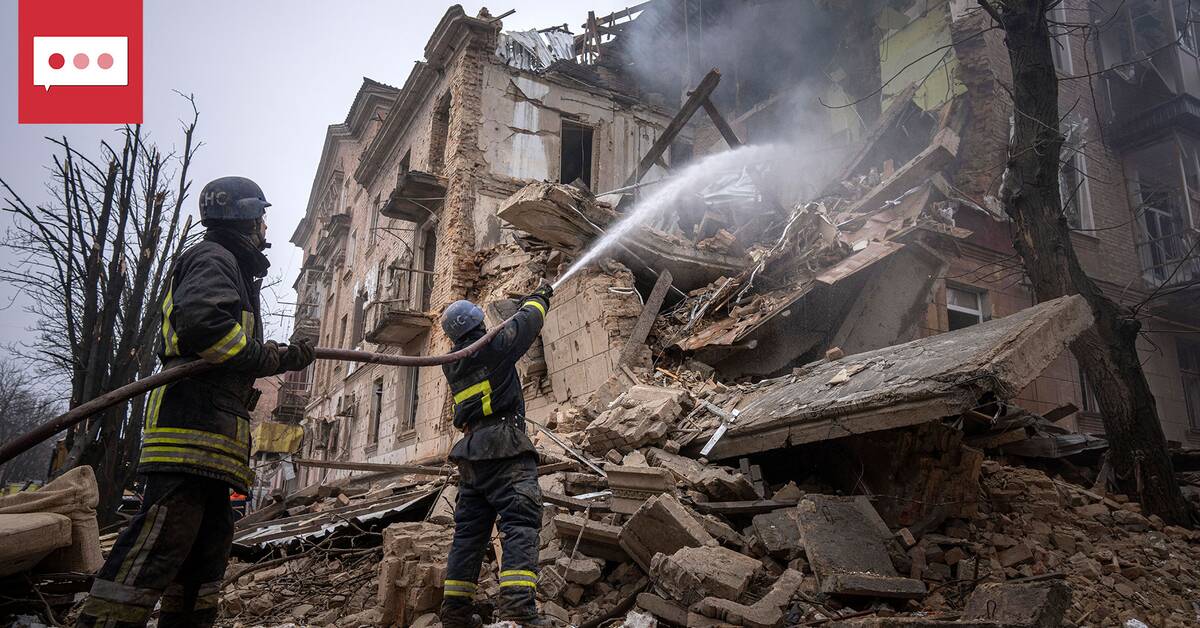Since the outbreak of the war on February 24, Moscow has targeted its attacks on Ukrainian energy infrastructure.
In the autumn, the attacks have been stepped up since Ukrainian forces achieved success on the battlefield and retook large parts of previously Russian-occupied territory.
According to the laws of war, it is not permitted to attack civilian objects, but only military targets, and the so-called principle of distinction requires the warring parties to always make a distinction between these.
So far, international law is crystal clear, but to which category does energy infrastructure belong – civilian objects or military targets?
Mark Klamberg, professor of international law at Stockholm University, believes that it is a matter of judgement.
"Have to make a trade-off"
- In some cases, certain infrastructure can be used for both civilian and military purposes.
Then you have to take into account what the military benefit is compared to the damage or suffering you cause the civilian population.
You have to make a balance, he says.
- In this case, the military gain from knocking out energy infrastructure is quite small in relation to the damage it causes to the civilian population.
Ukraine's military is affected little, if at all, by these attacks, they only harm the civilian population.
So what is your conclusion?
- I see it as a violation of international humanitarian law and a war crime, says Mark Klamberg.
"A Permitted Attack"
Russian President Vladimir Putin said in early December that the Russian military would continue to attack key infrastructure, describing the attacks as retaliation for the bombing of the Crimean bridge, which Moscow blames on Kyiv.
Putin claimed the blast was an act of terrorism aimed at destroying "critically important civilian infrastructure".
But Klamberg does not share that image.
- In the case of the Crimean bridge, the military benefit was greater than the civilian damage.
The bridge is used to transport military equipment and the attack was carried out at night.
This means that the proportionality assessment will be different.
I would say it was a permissible attack, he says.
Who or who can be held responsible for the Russian attacks? Hear Mark Klamberg explain in the clip above.

